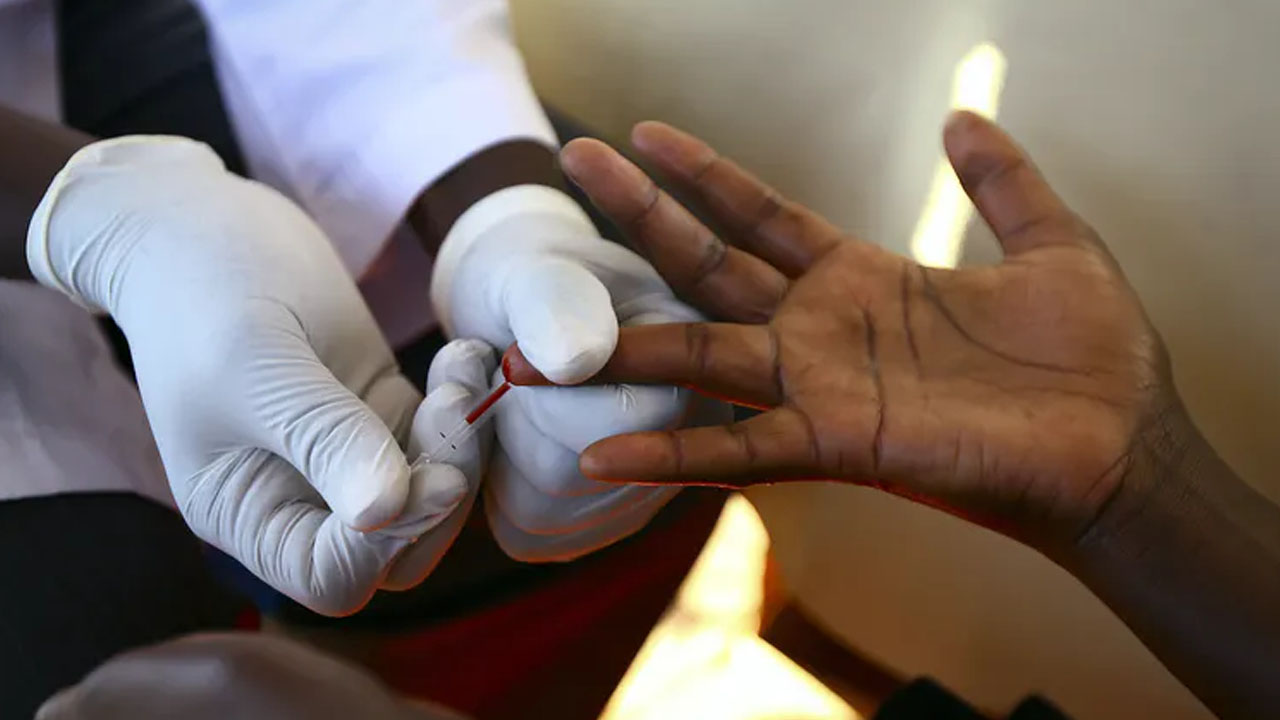About 50 African Union Member States have endorsed a ground-breaking digital micro-planning portal co-created by Africa CDC to accelerate the elimination of Neglected Tropical Diseases (NTD), which primarily affect impoverished communities in tropical and subtropical areas.
This innovative platform, developed with inputs from Member States, World Health Organisation (WHO), END Fund, and other technical partners, will track resource utilisation, advocate sustainable financing and domestic resource mobilisation, and drive Africa-owned solutions to end these diseases of poverty by 2030.
Common NTDs include Intestinal worms, lymphatic filariasis, river blindness, Schistosomiasis, trachoma, and Visceral leishmaniasis. This new approach of micro-planning is designed to drive integrated country and regional planning, streamline resource mobilisation, and enhance budget efficiency, minimising duplication and maximising impact to accelerate the elimination of NTDs.
Each Member State shared a country-specific micro-plan for the top six high-burden NTDs guided by existing national master plans.
This continental NTD micro planning workshop was held in the context of the recent reduction in funding from key global partners, which has disrupted essential NTD programmes and exposed the vulnerabilities in current financing models.
Speaking at the event, Acting Deputy Director General and Head, Division of Public Health Institutes and Research, Africa CDC, Dr Raji Tajudeen, said that public health efforts across Africa are under threat due to funding challenges, which makes the continued engagement and energy around NTD elimination even more commendable.
Tajudeen observed that this situation underscores the urgent need for sustainable, country-owned solutions that leverage existing national capacities, optimise domestic resources, and identify key areas requiring targeted external investment.
Ethiopian State Minister for Health, Dr Dereje Gemeda, said the workshop will help countries have a practical and data driven NTDs plan that will improve efforts to accelerate elimination efforts.
Also speaking, Global NTD Director at the WHO, Dr Ibrahima Fall, noted that the African Region is endemic for 20 of the 21-priority neglected tropical diseases, affecting over 565 million people and comprising 35 per cent of the global disease burden.
Fall stated that these diseases lead to significant morbidity, including physical and visual impairments, severe malnutrition, chronic pain, disfigurement, stigma, mental health issues, and death.
On his part, the CEO of The END fund, Dr Solomon Zewdu, observed that Africa’s traditional reliance on foreign aid has demonstrated its limits and highlighted the need for time-collaborative, country-led financing strategies that harness catalytic opportunities from residual foreign assistance while boosting efficiency in programming and domestic resource mobilisation.
Zewdu said, “This approach will drive the needed long-term sustainability and resilience. We stand at a critical juncture, not just for NTD elimination, but for rethinking health financing in Africa. The END Fund is committed to being a trusted partner in this transformation, supporting governments and partners in developing co-financing models that deliver results and leave no community behind.”
Director for Health and Humanitarian Affairs, African Union Commission, Prof. Julio Rakotonirina, said that the elimination of NTDs is more than a public health objective, but also a lever for development and a decisive step towards achieving the African Union’s Agenda 2063.
Rakotonirina noted that the development of the micro-plan is only the first step, stressing that success will lie in national ownership, resource mobilisation, and operationalisation.






